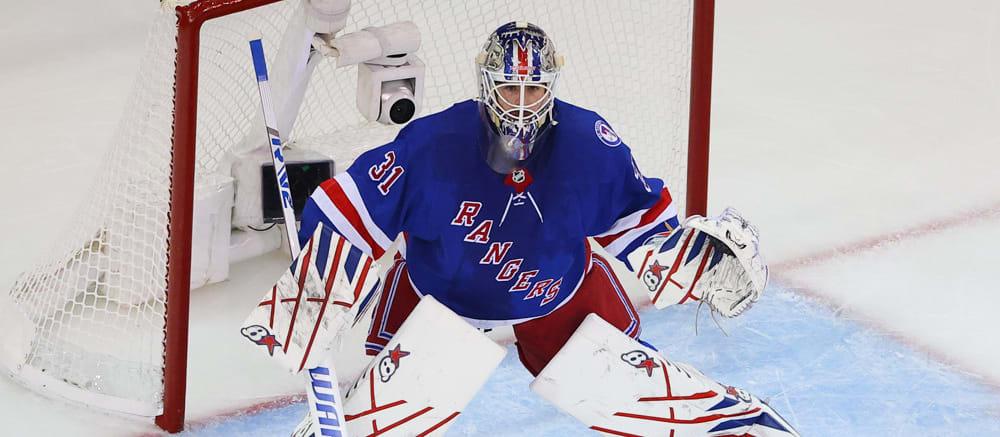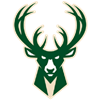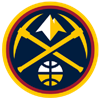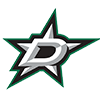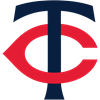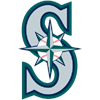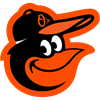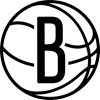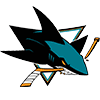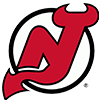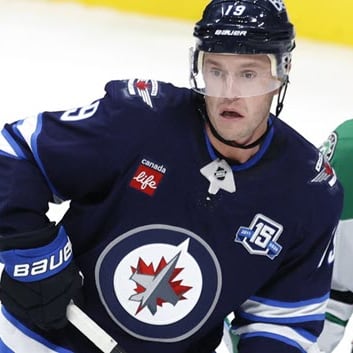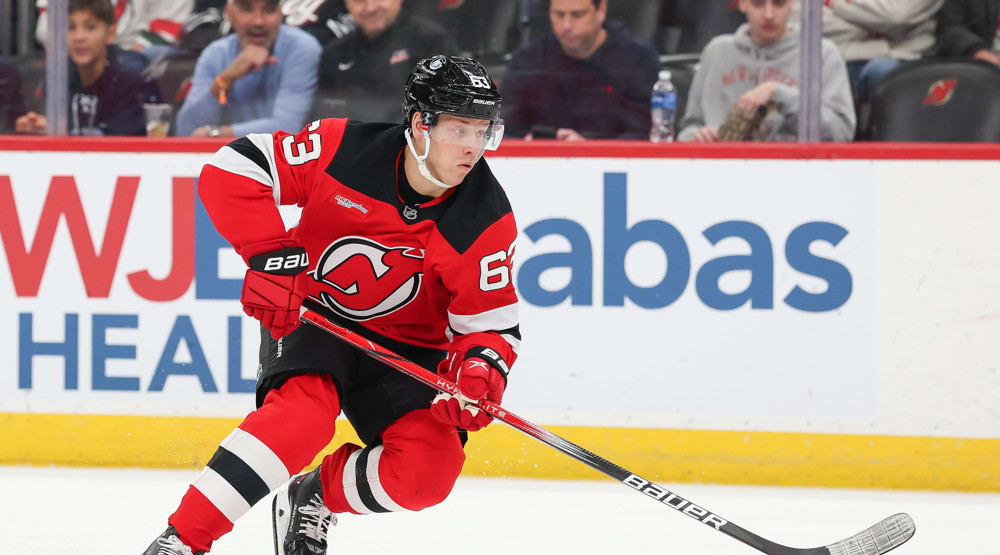Football typically gets all the buzz when it comes to fantasy sports, but with the NHL in the best shape it's ever been in terms of on-ice talent and media coverage, fantasy hockey is quickly becoming one of the most popular formats around.
Below is a primer outlining both the basics of fantasy hockey and some tricks to help you dominate your league for the 2024-25 season!
What is Fantasy Hockey?
The easiest way to summarize it is that it's a fantasy version of the real-life sport. A group of fantasy "managers" get together before the season begins – either in-person or virtually – and "draft" real-life NHL players. The "manger" whose real-life NHL players have the most on-ice success, wins.
What positions can you draft?
All Yahoo formats feature the same starting lineup. It consists of two centers, two left wings, two right wings, four defensemen, and two goalies.
What type of fantasy formats can you play in?
There are three formats most typically used; head-to-head categories, head-to-head points and rotisserie. Below is an outline of each of those styles and their unique aspects.
Head-to-Head Categories
This is the most popular format and the one used in all Yahoo public Prize Leagues. Each week you play one other fantasy manager in your league. At the end of the week, all categories are tallied. Yahoo H2H leagues count goals, assists, plus/minus rating, power-play points, hits and shots on goal. For goalies, they rate wins, shutouts, goals-against average and save percentage.
Football typically gets all the buzz when it comes to fantasy sports, but with the NHL in the best shape it's ever been in terms of on-ice talent and media coverage, fantasy hockey is quickly becoming one of the most popular formats around.
Below is a primer outlining both the basics of fantasy hockey and some tricks to help you dominate your league for the 2024-25 season!
What is Fantasy Hockey?
The easiest way to summarize it is that it's a fantasy version of the real-life sport. A group of fantasy "managers" get together before the season begins – either in-person or virtually – and "draft" real-life NHL players. The "manger" whose real-life NHL players have the most on-ice success, wins.
What positions can you draft?
All Yahoo formats feature the same starting lineup. It consists of two centers, two left wings, two right wings, four defensemen, and two goalies.
What type of fantasy formats can you play in?
There are three formats most typically used; head-to-head categories, head-to-head points and rotisserie. Below is an outline of each of those styles and their unique aspects.
Head-to-Head Categories
This is the most popular format and the one used in all Yahoo public Prize Leagues. Each week you play one other fantasy manager in your league. At the end of the week, all categories are tallied. Yahoo H2H leagues count goals, assists, plus/minus rating, power-play points, hits and shots on goal. For goalies, they rate wins, shutouts, goals-against average and save percentage. That's 10 total categories. At the end of the week, all statistics are tallied. For example, if you finish with more goals, assists, hits, shots on goal and wins than your opponent, but come up short in plus/minus, power-play points, shutouts, goals-against average and save percentage, your record for the week would be 5-5-0. Records are kept for the entire year with the best teams advancing to the "fantasy" playoffs to end the season.
Head-to-Head Points
This is my personal favorite. Again, you play one manager each week but toss the category concept aside. In this format, you earn six points for every goal, four points for an assist, two points for plus/minus rating, 0.9 points for shots on goal and one point for a blocked shot. Goalies get five points for a win, 0.6 points for every save, five points for every shutout and -3 points for a goal against. At the end of the week, all the points are tallied and the team with the most is declared the winner for the week. Similar to categories, a manager's record at the end of the season will determine their playoff standings.
Rotisserie
Rotisserie (roto) formats should probably be avoided by beginners simply because it involves keeping an eye on a whole bunch of statistical categories. In this format, the head-to-head concept of playing another manager each week is tossed out the window. The 10 categories that are counted for skaters/goaltenders are the same as the ones listed in the H2H categories section above. If there are 12 teams in your fantasy league and at the end of the year you finish second in goals scored and third in assists, you would get 11 points in the goals scored category (the team that finished first would get 12, the team that finished last would get one) and eight points in the assists category. The same logic can be applied to the other eight categories. The standings change throughout the season, with the end results typically being finalized after the conclusion of the NHL regular season.
Tips and Tricks to use on fantasy draft day
1. Don't overate rookies: Everyone loves prospects. It's that way in all sports. Visions of players such as Connor McDavid and Auston Matthews coming in and dominating the NHL are foremost in your mind. It sounds great on paper, but it rarely works out that way. Take Alexis Lafreniere of the Rangers for example. Lafreniere was the No. 1 overall pick in 2020. He had 47 goals and 91 points in his first 216 NHL games before finally breaking out in year four last season. If you spent an early-round pick on him those first three years, you'd be sunk. Guys like McDavid and Matthews are the exception, not the rule.
2. Beware of offseason player movement: Every single year, countless NHL players sign with different teams in free agency while others are traded to a new club. As a result, players' roles are constantly evolving. Here's a prime example: Boston goaltender Jeremy Swayman has been one of the best in the league the past couple of seasons, but he was splitting time with Linus Ullmark, thus severely limiting his fantasy appeal. Well, Ullmark was traded to Ottawa this summer, leaving Swayman as the unquestioned starter and thus boosting his fantasy value massively in the process. Remember, just cause a player filled a certain role last season doesn't mean he will play the same role this season.
3. Prioritize goaltending early: With few exceptions, the goalies projected to be the best in the league at the beginning of the season are almost always the best when all is said and done. NHL coaches change their lines all year long. Most players play with a variety of different teammates throughout the course of the season. That's not the case with goaltenders. Guys like Igor Shesterkin, Connor Hellebuyck and Andrei Vasilevskiy are worth the early investment on draft day.
4. Avoid taking too many players on the same NHL team: This one is straightforward but still often gets overlooked – especially when you are talking about your favorite team. If you take three or four players on the same NHL team and that team goes through a dry spell where they aren't scoring, your fantasy team is sunk. Sure, it might work out in short spurts when they get hot, but over the course of the full season, it will do far more harm than good to your roster.
5. You can't be both a fan and fantasy player: Well, that's not true. You most definitely can. In fact, if you're reading this article, you almost certainly are both. That said, you can't load up your fantasy team with players from your favorite NHL team. Trust me, it never works. On the flip side, you can't avoid taking a player because they play for a dreaded rival. If you're a Panthers fan (congrats on the Stanley Cup, by the way), you can't avoid taking Nikita Kucherov because he plays for the Lightning. It's the fastest way to torpedo a fantasy roster.


